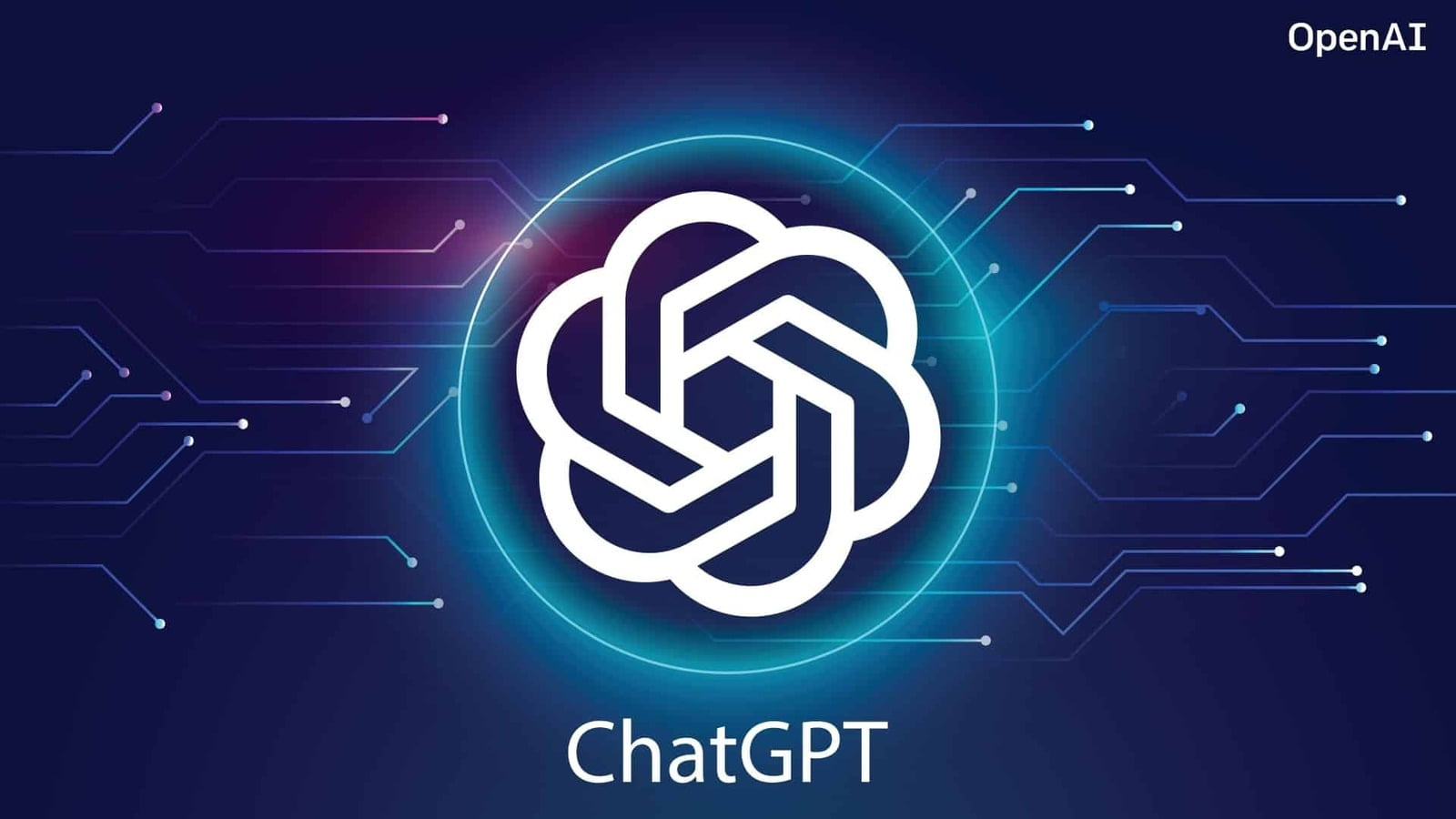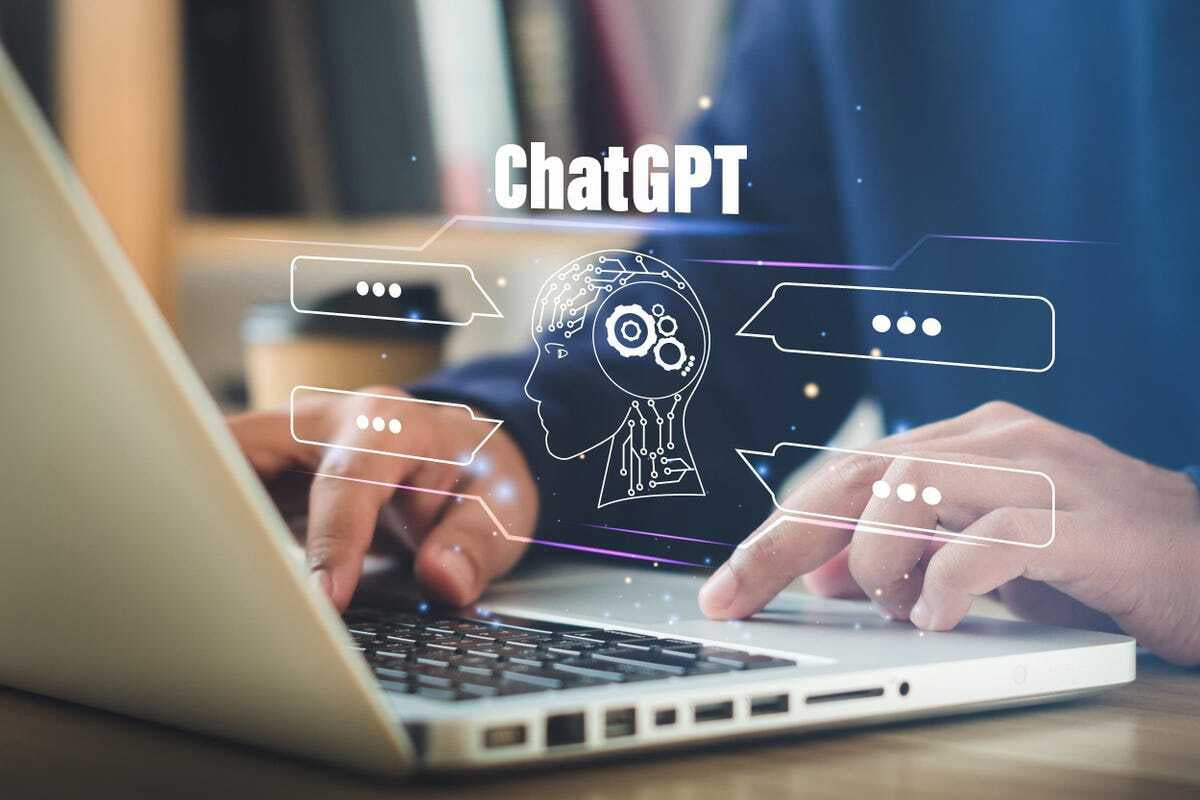Mastering Grad School with ChatGPT: The One Tool to Rule Them All
Author: Negeen Halabian

No doubt you've come across ChatGPT by now, and it's hard not to get excited about the vast array of opportunities it presents for our graduate journey! In this article, I'll show you how I have used ChatGPT to enhance my learning, writing and coding experiences.
As a Learner…
I'm sure you're all familiar with the frustrating feeling of searching for a topic online, only to be inundated with an overwhelming amount of information. ChatGPT is like having a personal tutor on call 24/7. If you're struggling to learn a new, intricate topic or just need a quick refresher, ChatGPT can provide personalized explanations and analogies.
One way I've optimized my learning experience with ChatGPT, particularly when it comes to reading articles and learning new topics, is by training it to become knowledgeable about a specific subject. To do this, I provide citations to relevant articles, their abstracts, or specific snippets from the articles, essentially enabling ChatGPT to "become an expert" in that field. Then, I use some of the following example prompts:
● "Explain patch clamp as if I were a 5-year-old."
● "Clarify the differences between feedforward circuits and feedback circuits, using examples."
● "Acting as a Clinical Neuroscientist, tell me about the potential implications of a disruption in the default mode network."
● "Acting as the author of the article you just learned about, what are the main takeaways from the Results section?"
With ChatGPT as your study companion, there are no stupid questions, only valuable insights, and personalized assistance to help you excel in your graduate studies.
As a Writer…
ChatGPT has the potential to become a customized writing assistant. The common mistake people make is relying on ChatGPT to write for them, rather than writing with them. You can train ChatGPT to assume various roles throughout your writing process. It can become a brainstorming buddy to help you overcome writer's block, an English expert to review your work for grammatical and syntactical errors, or even a supervisor to provide feedback on the content and structure of your writing.
One approach I've used is training ChatGPT with writing samples from journal articles and instructing it to "act as the writer of these pieces." Then, I ask for feedback on my writing based on that artificial mental schema. This method has yielded more personalized responses than typical prompts. Here are some example prompts I've used:
● "Based on the structure of the writing pieces you've learned, help me create an outline for my abstract."
● "Acting as a sounding board, assist me in organizing my thoughts into a coherent paragraph."
● "Assuming the role of a professional writer, evaluate and critique my writing for fluency, grammar, and engagement."
By using these strategies, you can transform ChatGPT into a valuable writing companion, making the writing process more efficient and enjoyable.
As a Data Analyst…
Let's face it; data analysis can be quite intimidating, especially for those of us without a coding background. Fortunately, with ChatGPT, I have been able to learn about various statistical analyses, innovative visual representations of data, and how to interpret complex findings. ChatGPT can also assist us in crafting clear, concise explanations of our results for both expert and non-expert audiences. Like the techniques discussed earlier, my approach involves asking ChatGPT to become an expert in a specific topic. For instance, you could try these prompts:
● "As a data analysis expert in R, help me explore different packages for visualizing high-dimensional data."
● "Assuming the role of a computer engineer, study the following chunk of Python code and help me troubleshoot the errors."
● "Learn everything there is to know about running ANOVAs in R and help me write the code to run an ANOVA on a data frame called 'X,'[describe dataset]."
● “I want you to act as a data science instructor. Can you please explain to me what this code is doing?”

ChatGPT offers a versatile tool to support us throughout our graduate journey in neuroscience. By leveraging its capabilities, we can overcome challenges, optimize our learning experience, and stay on top of the latest research in our field. By employing creative prompts and techniques, we can unlock ChatGPT's full potential, making it a potentially important study companion, writing assistant, and coding tutor.
Don't hesitate to give it a try and let us know how you have used ChatGPT to make your life easier.
Finally, I'd like to extend a special thank you to ChatGPT for helping me write this article.